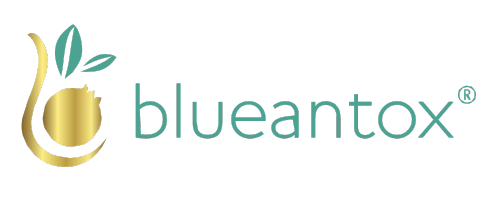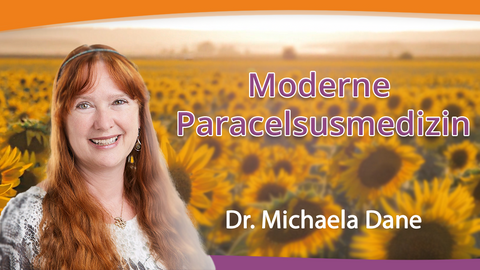September 21, 2023 is World Alzheimer's Day - A holistic view of Alzheimer's and possible treatment approaches
World Alzheimer's Day is celebrated on September 21 of each year to raise awareness of Alzheimer's disease.
Alzheimer's is a neurodegenerative disease that primarily affects older people and leads to progressive memory loss, cognitive impairment and behavioral changes.
In this blog post, we will look at the different aspects of Alzheimer's, including its definition, effects, alternative treatments, preventive measures, and the importance of lifestyle, diet, and supplements. In addition, we will look at the potential benefits of wild blueberry in relation to Alzheimer's.
-
What is Alzheimer's? Alzheimer's is a progressive neurological disease that primarily affects memory, thinking and behavior. It is the most common form of dementia and affects millions of people worldwide. The disease is characterized by the accumulation of abnormal proteins in the brain, particularly beta-amyloid plaques and tau tangles, which lead to the gradual destruction of nerve cells.
-
Effects of Alzheimer's: Alzheimer's has a number of effects on those affected. Initially, memory lapses and forgetfulness may be present, followed by difficulty with everyday tasks, word-finding difficulties and disorientation. In advanced stages, patients may have difficulty recognizing loved ones and their personality and behavior may change significantly. Alzheimer's also has an impact on caregivers and society as a whole, as it causes a high burden and cost.
-
Alternative treatment approaches: Although there is currently no cure for Alzheimer's, alternative treatment approaches exist that aim to slow the progression of the disease and reduce symptoms. Some of these approaches include:
a. Diet and supplements: A balanced diet rich in antioxidants, omega-3 fatty acids and B vitamins may help support brain health. Certain supplements such as ginkgo biloba, vitamin E and turmeric are also considered potentially beneficial.
b. Physical and mental activity: Regular physical exercise and mental stimulation can help keep the brain healthy and slow the progression of the disease.
c. Alternative medicine approaches: Some alternative therapies such as music therapy, aromatherapy and acupuncture can help relieve symptoms and improve patients' well-being. However, it is important to use these approaches in consultation with a healthcare professional.
-
Preventive measures: Although Alzheimer's disease cannot be completely prevented, there are some preventive measures that can reduce the risk. These include:
a. Physical and mental activity: Regular physical exercise as well as mental challenges such as solving puzzles or learning new skills can promote brain health.
b. Healthy diet: A balanced diet with plenty of fruits, vegetables, whole grains, healthy fats and lean protein can help prevent Alzheimer's.
c. Social interaction: Active social interaction and maintaining social relationships can promote mental well-being and reduce the risk of Alzheimer's disease.
-
Importance of lifestyle, diet and additives: Lifestyle factors such as physical activity, mental stimulation, sleep quality and stress management play an important role in preventing Alzheimer's. A healthy diet rich in antioxidants, omega-3 fatty acids and B vitamins can protect the brain. Additionally, it is important to avoid additives such as preservatives, artificial sweeteners and trans fats as they can be potentially harmful to brain health.
-
The good properties of wild blueberries: Wild blueberries are rich in antioxidants, especially flavonoids such as anthocyanins, which may have anti-inflammatory and neuroprotective properties. Studies suggest that regular consumption of wild blueberries may be associated with improved cognitive function and a reduced risk of neurodegenerative diseases such as Alzheimer's. Nevertheless, more research is needed to confirm the exact mechanism and effect of wild blueberries on Alzheimer's.

Conclusion: World Alzheimer's Day on September 21st provides a valuable opportunity to raise awareness of Alzheimer's disease and to inform people about prevention, treatment and the influence of lifestyle and diet. Although Alzheimer's is a complex disease, there are ways to reduce risk and improve the quality of life of patients. A holistic approach that includes alternative treatment approaches, preventive measures and a healthy lifestyle can have a positive impact. In addition, certain foods such as the wild blueberry may offer potential benefits for brain health, but more research is needed to confirm these associations.









